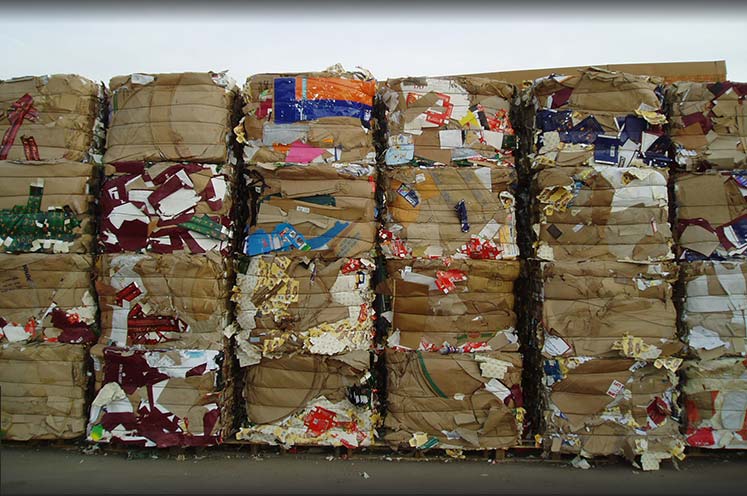Commercial waste disposal has become more and more of a hot topic for councils, public authorities and national authorities. The trend towards urbanisation is clearly established over the past two decades or so in the UK, as are the number of emigrants who are arriving in the UK each year as a result of EU’s free movement of labour ethos. And these new entrants are headed to the urban areas – cities – too. Urban domestic waste is arranged by local authorities and organisations that collect such waste are under the direct control and guidance of such authorities. However businesses too have an obligation to dispose of their waste and the responsibility here lies solely with the Commercial party, to be exact businesses are required by law to arrange the safe and legal storage, removal and disposal of the recycling and refuse they create.
A couple of anomalies exist within the rules that you may not have expected – firstly registered charities are exempt from these regulations are therefore can have their refuse collected as part of the normal residential collection rounds. However on the downside, but in affect for most ordinary businesses quite difficult to ‘police’, if you work from home any waste created from this is deemed to be business waste and the responsibilities to arrange for collection outside of domestic waste exists for the home worker if they are running their own business.
Most Councils recommend that you arrange appropriate collection cycles with Commercial collection companies and there is a registered list of suppliers of such services collected, maintained and available from your local authority. On making such arrangements with a provider of Commercial waste you are provided with a Duty of Care Notice. This is deemed to be proof that you have such a collection cycle in place and therefore you are disposing of your waste legally. These certificates can only be provided by parties who are on the register mentioned in the paragraph above. Also the responsibility for the waste lies with the business who generates the waste from such time as this happens to the time the waste is given to a registered Waste company to remove – hence why the certificate and the regime is called Duty of Care.
An alternative is to take business waste to an approved waste tipping site for such and once again local councils will be able to provide details of these sites where this is possible across their borough. On doing so the site provider also provides documentation to vouch that the waste was appropriately disposed of. These costs though remain outside of the normal rates charges for businesses that exist the rationale for this being the variation of waste that different businesses will create. You have to wonder if new businesses understand all the regulations and responsibilities due on them when they go into business. In some cases similarly to buying a new house or flat, it may be best not to know all of the costs. However it does go to show one additional advantage of operating online, unless you run that business from home.

